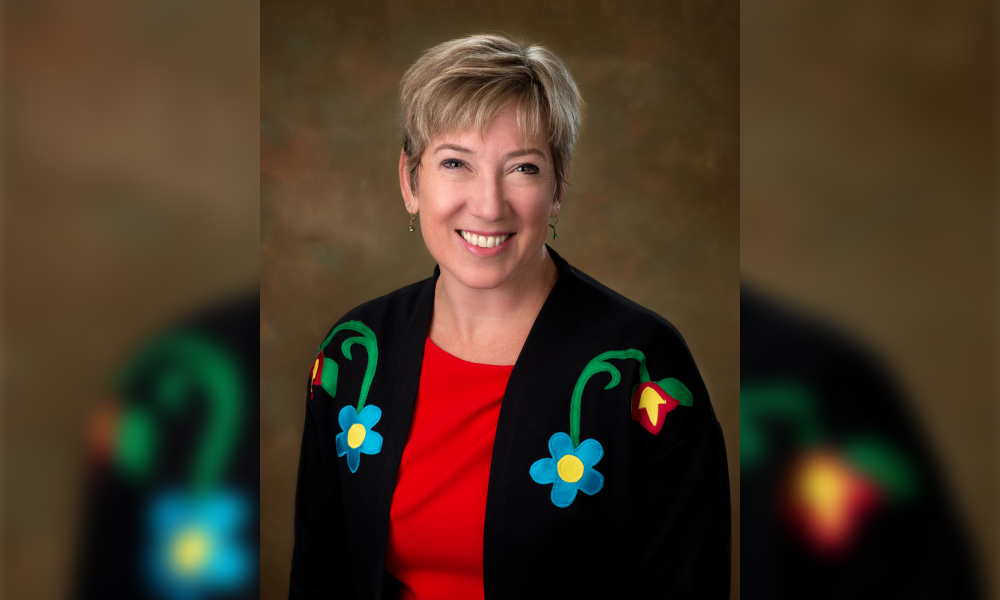
A number of Indigenous and environmental groups are challenging Ontario's policy changes

Three more First Nations Groups are pursuing legal action against the Ontario Government for its environmental policies.
The Chapleau Cree First Nation, Missanabie Cree First Nation and Brunswick House First Nation are seeking a judicial review of the Ontario Ministry of Environment, Conservation and Parks refusal to order an environmental assessment for the Gordon Cosens forest management plan, which is located in Treaty #9 territory. The First Nations say the Government has not met required sustainability conditions, nor properly consulted impacted First Nations.
“Our clients’ efforts to negotiate a better approach to consultation on the forest management plans, which affect millions of hectares of forest, have not worked,” says Cynthia Westaway, director of Westaway Law Group and counsel for the applicants.
“Plans are being approved even without an environmental assessment and without meeting conditions for achieving sustainability. The Government says that its new legislative regime largely mimics the old one, despite recent sweeping changes. This is a crucial opportunity for the Court to provide guidance on what the requirements for sustainability are, so that the Government can be held to this standard going forward.”
The lawsuit comes as three other First Nations, as well as environmental groups Greenpeace Canada and Wilderness Committee have challenged the Ontario Government’s changes to environmental legislation contained in Bill 197 The COVID-19 Economic Recovery Act.
The recently approved Gordon Cosens forest management plan applies to a 20,000 square-km area and is intended to be in effect for ten years. Under the Crown Forest Sustainability Act, Ontario’s forest management plans deal with harvesting, road building, herbicide spraying, tree-planting and other forestry issues. The plans are required for those seeking a Sustainable Forest License, which grants the right to harvest trees in the licensed area. In Ontario, there are 40 different management units, which altogether comprise 43 per cent of the Province’s Crown forests.
The applicants say the last forest management plans have not been subject to an environmental assessment since 1992. At that time, they were exempted “as a class” following a “class environmental assessment,” said their statement of claim. That was followed by Declaration Order MNR-75, which set conditions – including environmental sustainability and First Nations consultation – on which the exemption would rely. Ontario revoked Declaration Order MNR-75 in June, but “affirmed publicly” the conditions would still apply, said the statement of claim.
The applicants each have several forest management units in their traditional territories and do not have the capacity to provide input for every Sustainable Forest License within the required timelines. Since 2015, they have sought to develop a customized consultation approach to participate in forest management planning more effectively. They used the customized approach to engage with the Ministry of Natural Resources and Forestry but when the Ministry approved the Gordon Cosens plan, they informed the applicants their customized consultation approach was “out of scope” and would not be used, said the statement of claim.
The applicants then submitted an individual environmental assessment request for the Gordon Cosens plan with the Ministry of Environment Conservation and Parks but were denied.
The applicants argue that the Ministry had no jurisdiction to refuse their individual environmental assessment request because the conditions attached to the environmental assessment exemption – wildlife population monitoring, the production and sharing of forest carbon data, and consultation with Indigenous groups – had not been met.
The applicants say the decision to deny the request was made in breach of procedural fairness and the “legitimate expectation” that the Ministry would consider First Nation submissions made in response to an express invitation by the Ministry’s director.
They also submit that the decision was constitutionally invalid, based on insufficient evidence, based on inaccurate information, for inadequate reasons and therefore unreasonable.